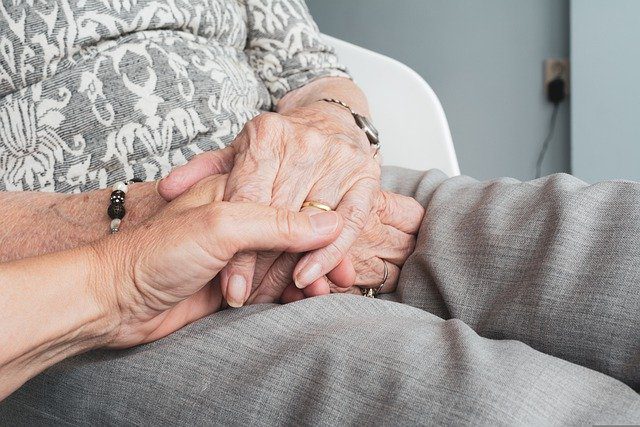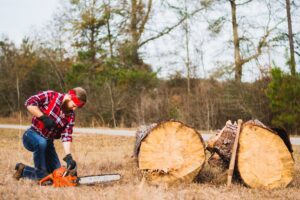According to the World Health Organization, one in six seniors has experienced elder abuse [1], and two out of three staff members have admitted to abusive or neglectful behavior in a nursing facility.
And while we all like to think that these cases are isolated, the facts show that they are growing because of pandemics and rapidly aging populations.
There is no greater violation than knowing that one of your loved ones is being abused by someone you trusted to take care of them. That’s why it’s imperative to recognize the signs, check in on parents, and, if applicable, find the right lawyer to help fight nursing home abuse.
This article will discuss some signs to watch out for and what they could mean. Then we’ll discuss the best way to get in touch with a legal professional.
Table of Contents
Signs of Elder Abuse
The most obvious sign of abuse would be scars, bruises, or other physical signs of injury. True, a senior might fall unexpectedly. But if they don’t mention any accident yet still show bruising, it might be a cause for concern.
Don’t jump to conclusions yet. But it’s time to talk to the elderly person and ask how the staff is treating them. Chances are, an unhappy senior will let you know if there’s a problem.
If they don’t say anything is wrong but still seem unusually nervous or fidgety, they might have experienced some emotional abuse.
In some uncommon but not rare cases, elderly residents can even be sexually abused.
Financial abuse is also common since elderly residents may not know who handles their finances or paperwork.
Lastly, forgetting or putting off an elderly resident’s immediate needs is a form of negligence and can cause emotional and physical harm.
Choosing a Lawyer With Experience Holding Nursing Homes Accountable
Let’s say the worst-case scenario happened, and an elder relative was abused in some way. Filing a lawsuit may seem like a stressful undertaking, but it may not be as difficult as you’re thinking.
While an individual would have difficulty putting together a case, an experienced nursing board lawyer would have the resources and connections that could move the case forward.
For more information on proceeding with an elder abuse case in Pennsylvania, you can always contact an attorney who’s experienced in these matters, such as https://NursingHomeLawyerPA.com/.
Can I Sue a Nursing Home?
In short, yes, if there’s evidence of elder abuse. But there are requirements before you can bring the evidence to trial. For instance, some states require that all cases be within a statute of limitations.
When we say experienced, we mean specifically prosecuting nursing homes for abuse and neglect. In this case, a nursing home attorney would know what criteria to look for and may even know of state laws that would open the nurses or the facility to criminal charges.
In many states, if there is a suspicion that an elderly resident died of neglect or abuse, a person with information is required to inform the coroner or medical examiner for a thorough investigation.
Take a look at the United States Department of Justice’s website, where elder abuse statutes are explained.
One of the most important aspects of nursing home cases is finding an expert witness to testify on behalf of the victim. Victim testimony is unlikely to happen, so an expert testifying to abusive or neglectful practices of the nursing home staff can be very effective in court.
Most cases do require that the plaintiff demonstrate how the instances of abuse or neglect harmed the elderly relative. These are areas where the experienced attorney handling nursing home abuse has an advantage.
Making Decisions as a Family
Of course, you should not feel obligated to put a parent in a nursing home just because of a scary incident or a fall. In many cases, such accidents can be prevented. Family members can take turns watching a senior parent and offering assistance with balance or slipping.
We touched on this issue in a recent article about caring for aging loved ones.
In most cases, having a candid but loving conversation with your aging relative can prepare the whole family for the future. And honest, heart-to-heart communication is the best way to make these life changes.
Featured Image by Sabine van Erp from Pixabay




